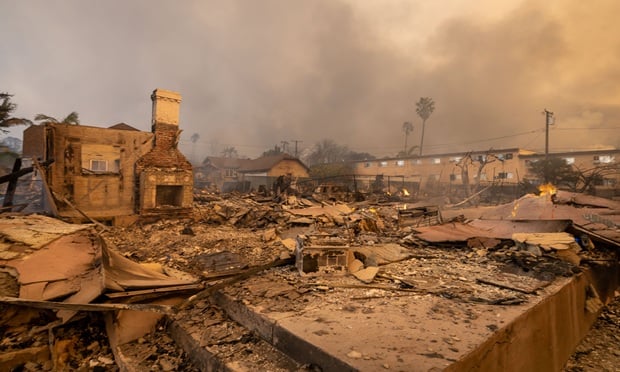NU Online News Service, May 19, 2:07 p.m. EDT
The National Oceanic and Atmospheric Administration’s storm prediction exceeds other forecasters for the Atlantic hurricane season, just weeks away.
NOAA says it expects 12-18 named storms. Of those, 6-10 are expected to become hurricanes with winds in excess of 74 mph, and 3-6 are predicted to become major hurricanes, category 3, 4 or 5 with sustained winds of at least 111 mph.
Recommended For You
Want to continue reading?
Become a Free PropertyCasualty360 Digital Reader
Your access to unlimited PropertyCasualty360 content isn’t changing.
Once you are an ALM digital member, you’ll receive:
- Breaking insurance news and analysis, on-site and via our newsletters and custom alerts
- Weekly Insurance Speak podcast featuring exclusive interviews with industry leaders
- Educational webcasts, white papers, and ebooks from industry thought leaders
- Critical converage of the employee benefits and financial advisory markets on our other ALM sites, BenefitsPRO and ThinkAdvisor
Already have an account? Sign In Now
© 2025 ALM Global, LLC, All Rights Reserved. Request academic re-use from www.copyright.com. All other uses, submit a request to [email protected]. For more information visit Asset & Logo Licensing.








